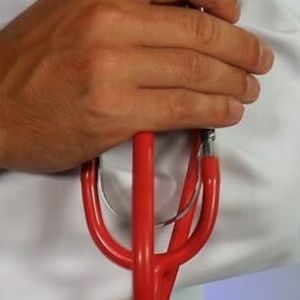At Apex Recovery, we understand the urgency of seeking help for addiction and mental health concerns. That’s why we proudly offer same-day assessments, ensuring swift evaluation and access to long-term residential care. Additionally, our streamlined process includes insurance verification for fast, immediate admissions, removing barriers to treatment and prioritizing our clients’ well-being with efficiency and compassion.
What is a Residential Drug and Alcohol Rehab Treatment Program in Tennessee
A residential drug and alcohol treatment inpatient rehab program in Tennessee provides intensive, round-the-clock care for people struggling with substance abuse issues. These programs offer a structured living environment where patients reside on-site for the duration of treatment, typically lasting 30 to 90 days or longer.
Residents receive comprehensive therapy, including individual counseling, group therapy, and behavioral interventions, to address their specific needs and underlying issues contributing to addiction. Additionally, medical supervision ensures safe detoxification if necessary, and ongoing support helps people develop coping skills and relapse prevention strategies. These residential mental health programs foster lasting recovery by immersing patients in a supportive living environment away from triggers and distractions.
Famous Sites and Attractions in Middle Tennessee
Middle Tennessee has something for everyone. Explore the Volunteer State’s heritage at the Civil War sites, or tap your toes to the rhythms of country music at the Grand Ole Opry in Nashville, also known as Music City. Don’t miss the tantalizing hot chicken or the soulful sounds of blues in Memphis.
Jump into nature and venture further to the Great Smoky Mountains or visit Elvis Presley’s Graceland. Experience the thrill of Dollywood or take in the scenic beauty along the Tennessee River. From Chattanooga’s history to Knoxville’s charm, Middle Tennessee offers something for every traveler.
Residential and Inpatient Drug & Alcohol Rehab Statistics the the Volunteer State
In 2020, Tennessee faced the formidable challenge of substance abuse, with 357 treatment facilities striving to meet the needs of individuals in crisis. Among them, 18,865 clients sought help, including 1,094 minors. Despite efforts, Tennessee ranked 16th for affordability in residential drug rehabilitation services.
Annually, 28,899 patients sought drug rehab, with 1,568 enrolling in residential programs on average. The state’s struggle with opioid abuse was stark, evidenced by 4,330,771 opioid painkiller prescriptions in 2022, 7,008 nonfatal overdose inpatient stays in 2021, and 3,814 drug overdose deaths. These figures underscore the pressing need for comprehensive residential substance abuse treatment strategies to address Tennessee’s substance abuse epidemic.

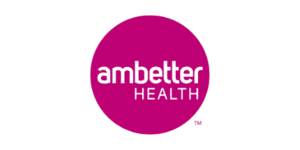
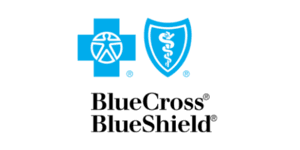
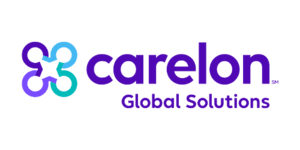
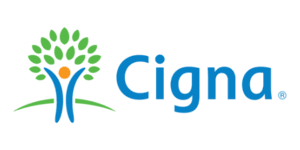

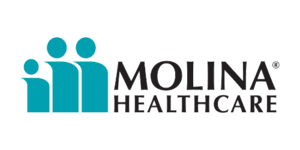
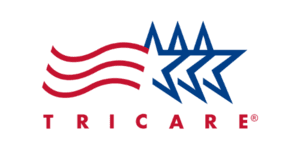
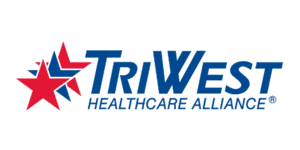
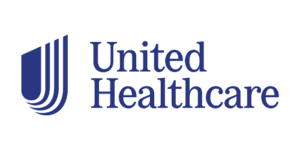
Contact Apex Recovery Tennessee to check your insurance coverage levels and discuss your treatment needs.
Common Types of Residential Inpatient Drug & Alcohol Treatment Programs in Rocky Top
Common types of residential inpatient drug and alcohol treatment programs in Tennessee include Alcohol Use Disorder (AUD) residential inpatient programs, Tennessee Substance Use Disorder (SUD) residential inpatient programs, and Tennessee Dual Diagnosis residential inpatient programs. These programs offer comprehensive care customized to those struggling with addiction and co-occurring mental health disorders.
Tennessee Alcohol Use Disorder (AUD) Residential Inpatient Programs
Tennessee Alcohol Use Disorder (AUD) residential inpatient programs offer intensive, 24/7 care for people struggling with alcohol addiction. These programs provide a structured environment where patients reside on-site for an extended duration, typically ranging from 30 to 90 days or longer. Patients receive comprehensive residential therapy, including individual counseling, group therapy, and medical supervision for detoxification if needed.
The cost of addiction Inpatient programs in Tennessee range widely depending on factors such as the facility’s location, amenities, and level of care provided. On average, you can expect to pay between $5,000 to $25,000 per month for these programs. However, some luxury or specialized facilities may charge substantially more, while financial assistance or sliding scale fees may be available for those who qualify based on income and other criteria.
Tennessee Substance Use Disorder (SUD) Residential Inpatient Programs
Tennessee SUD residential inpatient programs offer care for people grappling with various substance addictions beyond alcohol. These programs provide an immersive environment where people reside on-site for an extended period, typically 30 to 90 days or longer. The focus is on addressing the underlying causes of substance abuse while equipping patients with the tools to manage cravings and avoid relapse.
Inpatient costs for Tennessee SUD residential inpatient programs vary depending on factors such as location, amenities, and level of care. On average, you can expect to pay between $5,000 to $25,000 per month. However, specialized or luxury facilities may charge more, while financial assistance or sliding scale fees may be available for qualifying individuals.
Tennessee Dual Diagnosis Residential Inpatient Programs
Tennessee Dual Diagnosis residential inpatient programs cater to individuals facing the challenge of co-occurring SUD and mental health conditions. These programs offer specialized care that addresses both addiction and underlying psychiatric issues concurrently. With a focus on integrated treatment, patients receive comprehensive therapy, including individual and group counseling, psychiatric evaluation and medication management, and skill-building sessions to manage symptoms effectively.
The inpatient program treatment cost for Tennessee Dual Diagnosis residential programs fluctuate based on factors such as facility location, amenities, and level of care provided. The average cost of behavioral health Inpatient programs average between $7,000 to $30,000 per month for these programs, with luxury facilities running higher.
How Much Do Residential Inpatient Addiction and Mental Health Treatment Programs Cost With Health Insurance Coverage in Tennessee?
Well, how much does inpatient rehab cost with insurance near me in Tennessee? The cost of residential inpatient addiction and mental health treatment programs in Tennessee with health insurance coverage can vary depending on several factors. Health insurance coverage may offset a significant portion of the expenses associated with treatment, including assessments, therapy sessions, medications, and other services.
To get a precise estimate for your insurance coverage and treatment needs, it’s best to contact us at Apex Substance Addiction Recovery Center directly. Our knowledgeable staff can assist you in understanding your insurance benefits and navigating the financial aspects of seeking treatment. Don’t hesitate to reach out to Apex for personalized assistance and support on your journey to recovery. We can check your insurance details now to get you on your path to recovery.
What are the Expected Out of Pocket Costs for Residential Inpatient Rehab Programs in the State of Tennessee
You may wonder, how much does inpatient rehab cost near me? The expected out-of-pocket costs for residential inpatient rehab programs in Tennessee can vary widely depending on factors like the facility’s location, amenities, level of care, and duration of treatment. On average, you can expect to pay between $5,000 to $25,000 per month for these residential addiction programs.
However, some luxury or specialized facilities may charge significantly more. Insurance coverage can offset a portion of the inpatient cost, but patients may still be responsible for deductibles, copayments, and any services not covered by their plan. Additionally, financial assistance or sliding scale fees may be available for those who qualify based on income and other criteria.
Residential Inpatient Addiction Treatment Facilities That Offer Payment Plans in Middle Tennessee
Seeking residential inpatient addiction treatment with flexible payment options? Turn to Apex Recovery Columbia, Tennessee, offering both inpatient and outpatient services. Apex offers payment plans to alleviate financial strain.
- Apex Recovery Brentwood: 209 Ward Circle, Brentwood TN, 37027
- Apex Recovery Columbia: 2710 Trotwood Ave STE A & B Columbia, TN 38401
Fill in the form below to request a call back from Apex Recovery Tennessee
What Impacts the Cost for Residential Inpatient Addiction and Mental Health Treatment Programs in TN?
The cost of inpatient program drug addiction treatment and mental health treatment programs in Tennessee can range significantly based on several factors. Understanding these factors can provide insight into why costs may differ between different programs and facilities. Here are some key elements that impact the cost of such programs:
- Severity and type of addiction: The complexity and severity of the addiction being treated can influence the cost of the program. More intensive treatment may be required for those with severe addictions or multiple substance dependencies, which can increase the overall cost.
- Program duration: The length of the residential inpatient program can impact the cost. Longer programs typically involve more resources and support over an extended period, leading to higher overall costs compared to shorter-term programs.
- Intensity of treatment: The level of care and intensity of treatment services provided can affect the cost. Programs offering more comprehensive and intensive therapies, including individual counseling, group therapy, and specialized treatment modalities, may have higher costs.
- Medical services and staff expertise: The availability of medical services, such as detoxification, medication management, and psychiatric care, can influence the cost of the program. Facilities with highly qualified medical staff and specialized expertise may charge more for their services.
- Facility amenities and accommodations: The quality of facilities, amenities, and accommodations offered by the residential rehabilitation center can impact the cost. Luxury or upscale facilities with resort-like amenities may have higher costs compared to more basic accommodations.
- Location: The geographic location of the treatment facility can play a role in determining the cost. Facilities located in urban areas or in regions with a higher cost of living may have higher overall expenses, which can be reflected in the program’s cost.
- Insurance coverage: The extent of insurance coverage and the type of insurance plan accepted by the treatment facility can significantly affect out-of-pocket costs for people seeking treatment. Facilities that accept a wide range of insurance plans or offer financial assistance options may be more affordable for some people. See our Insurance Parent page for more details.
Overall, it’s essential for people considering residential inpatient addiction and mental health treatment programs in Tennessee to carefully evaluate these factors and consider their individual needs and preferences when choosing a program.
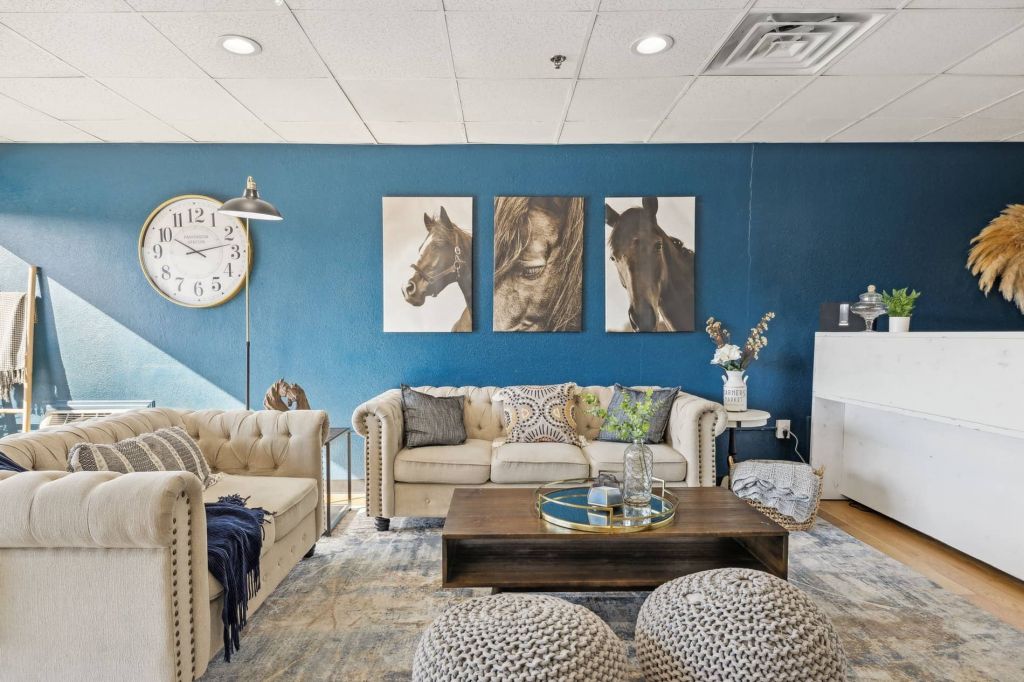
How Far is Apex Recovery Inpatient Rehab Location from Tennessee’s Major Cities?
Located in Columbia, Tennessee, Apex Recovery’s inpatient rehab facility provides convenient access to people across the state. Columbia is strategically situated within reach of several major cities, making it an accessible option for residential treatment. Nashville, the state capital, is only 46 miles north of Columbia, ensuring ease of travel for residents of Music City.
For people living in Memphis, Knoxville, or Chattanooga, the distances to Columbia are approximately 210 miles northeast, 160 miles west, and 120 miles northwest, respectively. Despite these varying distances, Columbia’s central placement within the state allows for accessibility to Apex Recovery’s inpatient rehab services for people from all regions without significant travel hurdles.
Apex Recovery Tennessee provide free drug and alcohol addiction assessments as part of the rehab admissions process. Our friendly and qualified team can also check your insurance coverage levels on your behalf. Get in touch to find out more.
How To Pay For Residential Inpatient Addiction and Mental Health Treatment Programs in Tennessee
Paying for residential inpatient addiction and mental health treatment programs in Tennessee can seem intimidating, but there are multiple pathways available to make it more manageable. Here are some options to consider:
- Health Insurance: Many residential treatment programs accept health insurance coverage, which can meaningfully reduce out-of-pocket costs for people seeking treatment. It’s essential to check with Apex Alcohol and Drug Addiction Recovery Center to understand coverage details and any associated costs.
- Out-of-Pocket Payment: For those without insurance coverage or who prefer not to use their insurance, out-of-pocket payment is an option. Facilities often offer competitive pricing and reasonable costs for their services, allowing you to pay directly for treatment.
- Sliding Scale Fees: Some treatment centers offer sliding scale fees based on income and financial need. This approach ensures that treatment remains affordable for people from diverse economic backgrounds by adjusting fees according to their ability to pay.
- Payment Plans: To accommodate clients facing financial constraints, many residential treatment programs offer payment plans. These plans allow patients to spread out the cost of treatment over time, making it more economical and manageable.
- Employee Assistance Programs (EAP): Some employers provide Employee Assistance Programs that offer benefits such as access to counseling and addiction treatment services. Employees can discuss with their HR department to determine if EAP benefits cover residential treatment programs.
- Government Assistance Programs: Government assistance programs, such as Medicaid or Medicare, may provide coverage for certain addiction and mental health treatment services. Eligibility criteria vary, so people should explore these options to determine if they qualify for financial assistance.
- Family Support: Family members may be willing to provide financial support to help their loved ones access treatment. Open and honest communication with family members about the need for treatment and potential financial assistance can be valuable.
- Scholarships or Grants: Some treatment facilities offer scholarships or grants to individuals who demonstrate financial need. These resources can help offset the cost of treatment and make it more affordable for those who qualify.
By exploring these pricing options and seeking financial assistance when needed, you can access residential inpatient addiction and mental health treatment programs in Tennessee at reasonable costs, ensuring you receive the care you need to achieve lasting recovery and wellness.
Residential Inpatient Addiction Treatment Statistics in the Volunteer State
- There were 357 treatment facilities in TN in 2020
- There were 18,865 clients in treatment in TN
- There were 1,094 clients under age 18
- Tennessee ranks 16th in the least expensive to most expensive states for residential drug rehabilitation services
- 28,899 patients in Tennessee are serviced annually for drug rehab.
- 1,568 patients enroll in Tennessee’s drug residential services on average
- There were 4,330,771 opioid painkiller prescriptions in TN in 2022
- There were 7,008 nonfatal overdose inpatient stays in 2021
- There were 3,814 drug overdose deaths in TN in 2021
Sources
- Paying for Mental Health Rehab
- Paying for Therapy



